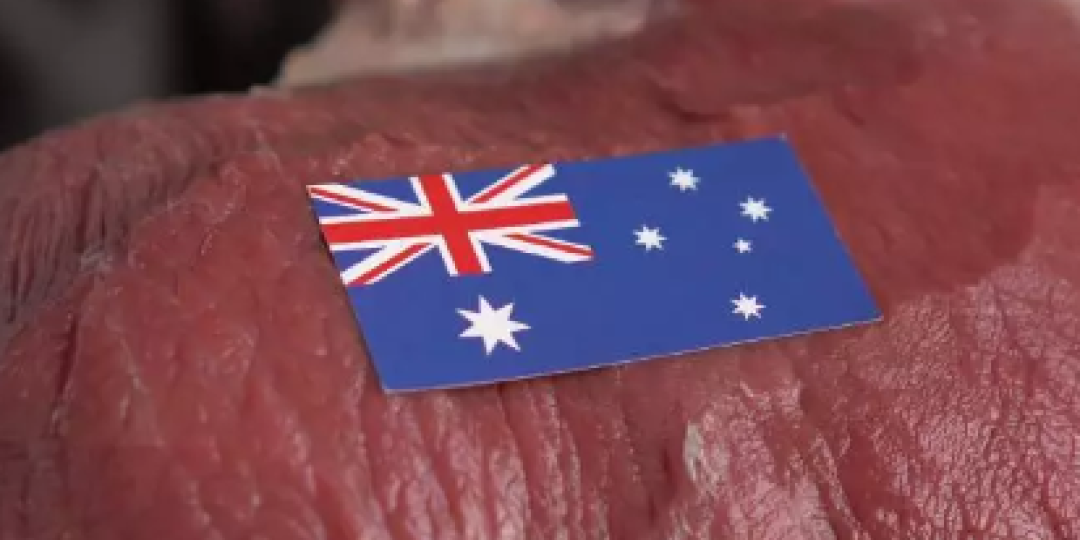A growing demand for cheap sources of protein is behind the spike in imports of cheap mutton.
The latest import statistics from the South African Revenue Service (SARS) show a 138% increase in sheep meat imports for May and 119% for April year-on-year.
The rise was accompanied by a significant drop in free-on-board price; the May price of R29.11/kg was 10% lower than a year before, and the R29.96/kg in April was 18% lower than a year before. The quantities imported were 349 tonnes and 678 tonnes respectively, and the import prices quoted by SARS amounted to slightly more than half the local price for C-grade lamb.
Prof. Frikkie Maré, CEO of the national Red Meat Producers Organisation, said most of these imports were from Australia, and the meat was generally of much lower quality than that typically sold in South African retail outlets.
“Because of the drought in Australia, it is mostly old animals with little fat being slaughtered. The product can therefore not be marketed at the same price as the South African mutton. It is not the quality meat on display (in shops) and (is) a cheaper product.”
Maré ascribed the reason for low local market prices to an oversupply of livestock, which forced prices lower, and that demand for lower-quality product exceeded local supply.
The spike in mutton imports has led to significant backlash from local red meat producers, who are battling stubbornly low prices and high input costs.
Maré, however, pointed out that the price quoted by SARS did not include freight costs, insurance, import taxes, harbour costs and handling or transport costs, as well as a 40% ad valorem import tax. He calculated that, with all these costs added, the price came to around R56/kg, which is in line with local C-grade lamb.
May also saw a 38% increase in the number of live sheep (94 575) imported from Namibia, at 6.5% cheaper than in May 2023. April’s imports were 10% higher than a year before, at 87 396 sheep, at a price 7.5% lower than a year before.
Maré pointed out that those animals were also of much lower quality than those produced locally.













